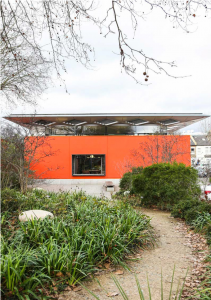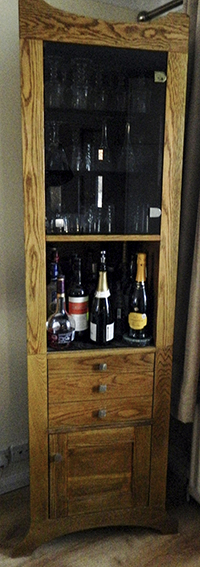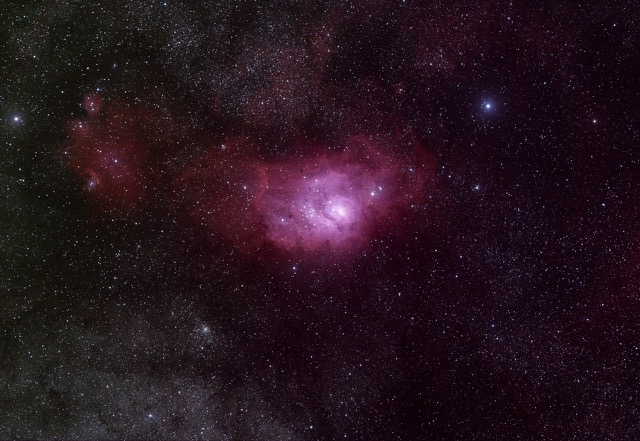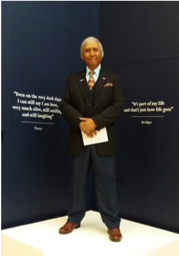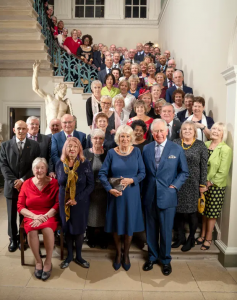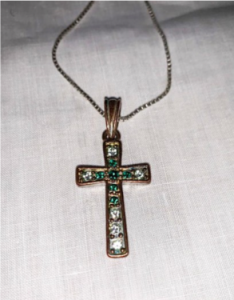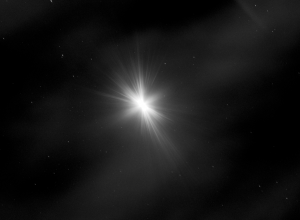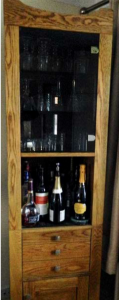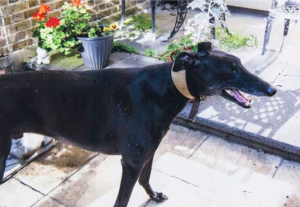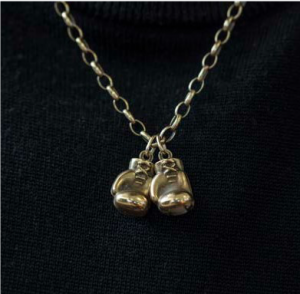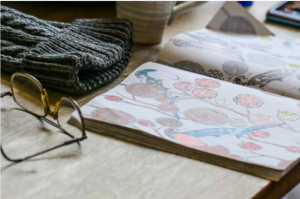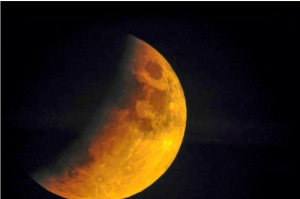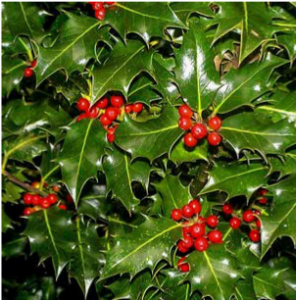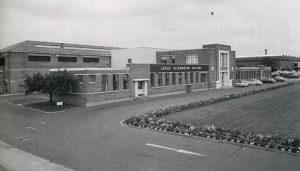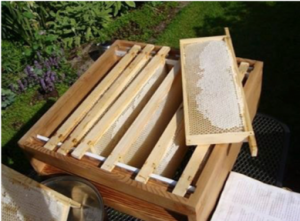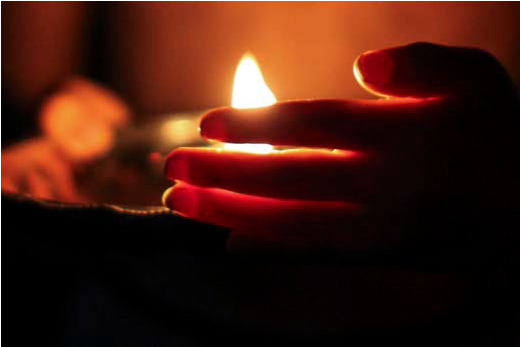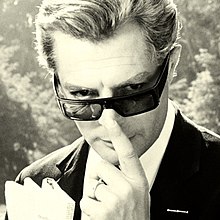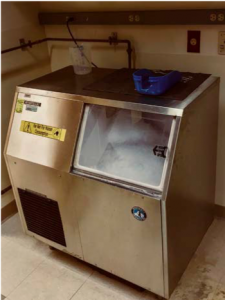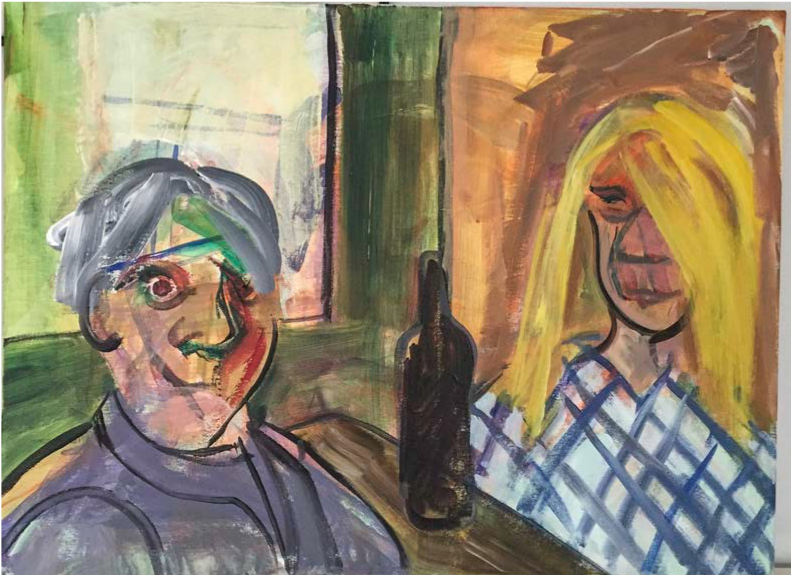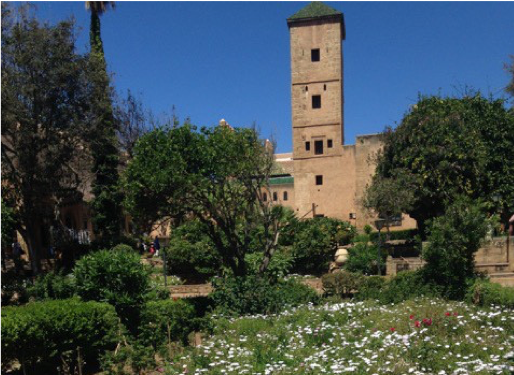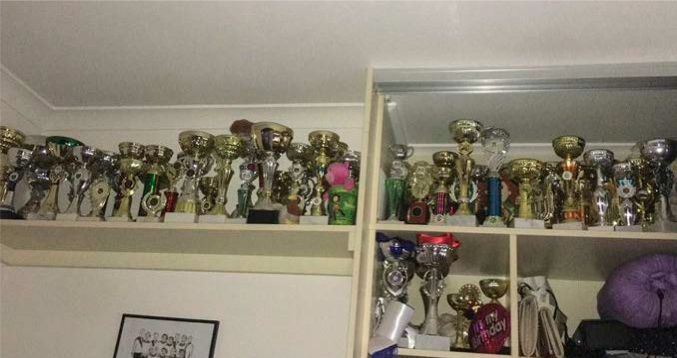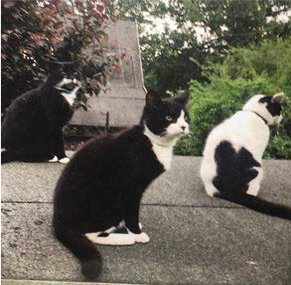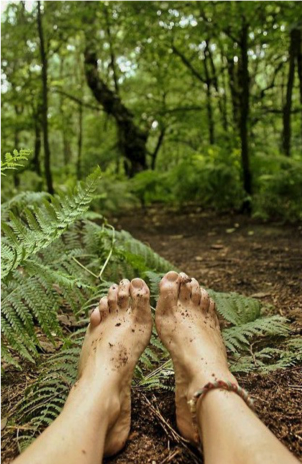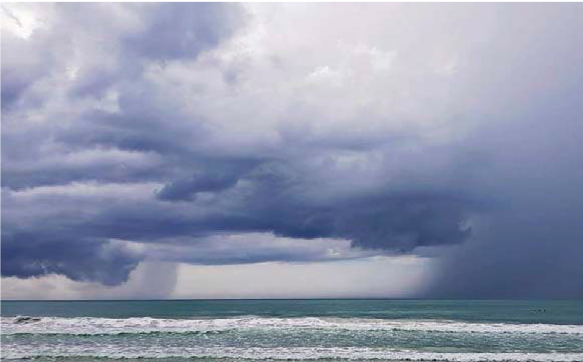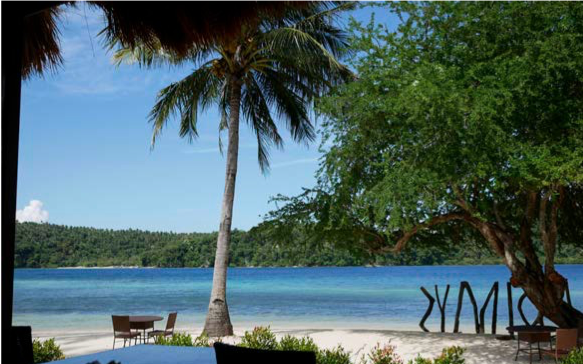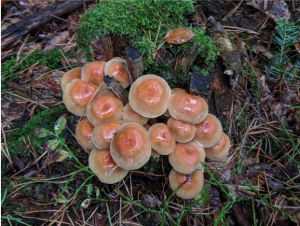
She moves through the room
an East Wind
arranges tables, materials,
to a familiar pattern.
A single table for the group
would be her choice,
but a crafted piece of furniture
landed from on high
means partition.
And so two tables,
laid with paint and brush
immaculate as a royal garden party –
“lots of bits” to tempt the palette.
We wait.
“It can ebb and flow,” she advises.
Today, thanks to the murderous rain
that’s already claimed a victim
by the Hammersmith flyover,
it’s a still pond.
Not quite.
A lone figure clips the surface
deft as a dragonfly,
settles at the end of a table.
The stern gaze fixes on the piece
in front of her.
A collage.

Rewilding the Self
This is no simple collage.
The cut-up is a snapshot in time –
the cards of well-wishers, friends and family –
some no longer here.
She has no plan, no outcome in mind,
is just going to see where it ends up.
In this she echoes certain contemporary artists.
I fall into the fast flow of conversation.
The Celtic features morph –
Vermeer, Dürer, Modigliani.
She documents her diagnosis and treatment.
Dates, procedures, fly like arrows
fletched with social and political thinking
born of experience not spreadsheets.
The cancer was self- diagnosed.
She knew nothing of the silent killer,
knew only that despite the healthy life-style
and appetite with which her family is blessed,
she couldn’t eat so much.
Lucky for her
she has a GP who can read the symptoms
and acts.
She details the dark history of women’s healthcare
in the hands of male practitioners.
“Women don’t understand this,”
she explains.
She’s for education, empowerment.
Again she enters the room
where she received her diagnosis.
The male Consultant
and female Clinical Nurse Specialist
are there,
but her chair is positioned
so her back is to the Nurse.
She turns the chair round.
Now both are present.
“You have to speak up.”
Censure turns to gratitude,
remembrance that extends
beyond our conversation.
In diagnosis, treatment and recovery
she feels “part of a super-organism
of love, care, kindness, thoughts and prayers –
friends and family, friends of friends
and family of friends. In fact there were
a lot of people I didn’t know praying for me!”
There are gifts of time and conversation,
a wealth of things –
flowers,
toiletries,
biscuits,
chocolates,
a homemade crocheted blanket,
a Nutribullet,
slippers.
She recalls the brother who’s there
post diagnosis
when her “brain cuts out” in Liverpool Street Station,
the gracious support of work colleagues
and the NHS,
which gave her, she says,
phenomenal care.
She gives thanks to the surgeon
who gives her his mobile number
and speaks to her Dad
and the hospital staff from across the globe
who give kindness
and professionalism
and persist
in a thankless world of Neo-Liberal values.
And throughout
with a front row seat
her remarkable parents
whose duty of care is sublime,
surrender unconditional.
“It was the best and the worst of times,”
she says
without irony.
She’s turned fifty but doesn’t look it.
“Good genes,”she laughs.
But the birthday was a trigger.
“There’s nothing there now.”
The conversation eddies, turns.
The moss green ankle boots insinuate
woods, earth.
She knows the ways of flowers,
the needs of bees,
a tree’s quest for light and air,
ecosystems
and the cost of human meddling.
“We just need to step back.
We don’t need to over-engineer things.”
The commitment of young people to the planet,
our urge to re-wild ourselves,
bring hope.
As a Community Gardener,
she teaches a reluctant walker on sticks
plant identification.
Now she walks more, noticing
what’s around her.
“It’s changed the way I look at the world,”
the old lady says.
She’s chuffed.
Her favourite tree is the apple.
Pruning the family trees with her Dad
is a ritual.
Why the apple?
“It’s beautiful and useful”
is the reply.
She knows how to be both.

Despite the meteorological mayhem
others have joined the class.
Julie, who runs a balanced ship,
invites me to another table
where aphid green tipped with fuchsia
makes petals on black,
the trunk of a tree is shaded
and tubes of watercolour
never properly put back,
are being restored to order.
I have barely begun my introduction
when a well-modulated voice
with perfect projection
asks me to speak up.
Clearly I am in the presence
of a professional.
True North
She presides leonine
over the Trevi Fountain
photographed in black and white,
preferring, she says,
to work with a limited palette.
Whilst eschewing glorious technicolour
however
she’s not exactly what you’d call
two-tone.
The blue-handled brush,
echoing the various blue of her ensemble
with painterly insouciance,
hangs like a hiatus in the air.
“Acting is written on my heart,”
she says.
The eyes, piercing azure
behind the specs,
tell me she knows I know
what that means.
And so
with the complicity of old thesps,
we open her particular volume of The Actor’s Life,
delivered with a jovial humour
and the brutal precision of a Steppe eagle.
Her pedigree is impressive.
Her father, born in Tsarist Russia,
an artist, worked in film,
her mother, a writer of children’s stories.
She trains in Bristol.
With a voice made for the airwaves
she’s in regular work –
radio, TV, audio books.
Then everything changes.
Home life splinters.
“I felt as though I’d had a cannon ball
blown through my middle.”
A drowning woman,
she’s “thrown a life-raft” –
an eighteen month contract in Radio Rep
with The World Service
will surely open other doors.
She moves from Bristol to London
to reinvent herself,
become buoyant once more.
But Bush House is a lone Colossus.
And the timing couldn’t be worse.
The acting profession –
precarious at the best of times –
is hijacked by the Reality Show.
The RP voice and actors doing accents
are old-school.
She talks with a robust vigour
sorely at odds
with the arthritis in her hip.
“Cancer was a breeze compared to this.”
For the first time
cancer gets a mention
where osteoarthritis
now hogs the limelight.
“I could play a gender-blind Long John Silver,”
she offers dryly.
But she’s not about to quit.
“I love my work!”
The deco earrings,
delicate aspens,
quake.
Instead
she’s turned the kitchen cupboard
into a sound booth,
embracing the digital future –
if not warmly.
She has a Masters in Playwriting,
can tick the Aristotelian boxes,
but, she wails,
“I can’t write plot!”
Forum Theatre now offers
an alternative script.
Actor, writer, poet,
the class is her oasis.
“When I had the cancer
I cleared the table and put out my art stuff.”

Mulling over a possible theatre job
she returns the Trevi Fountain
to the bookshelf.
I watch her walk away
down the bendy path,
the skewed lower torso
the trunk of an embattled oak,
the bone forcing the compass
in a new direction.
It is not True North
and awaits correction,
but she has found the light she needs
to push forward
indomitable and splendid
as Sarah Bernhard.

Inside Out
When she began
to do teaching
people would talk to her
about things
as they made work
as if taken to a place where
inside
would out.
And it struck her
Art
was a vehicle.
And so
with an MA in Art Psychotherapy
she gets a placement at The Royal Marsden
and for the next ten years
works at Charing Cross
bringing trolley and board to the bedside.
Now she brings art to the group.
Being there, she says,
can be “the very start of recovery.”
But making it through the door
isn’t always easy.
“Sometimes this is the first group they’ve joined
after treatment. Very often they’ve had a year
of people making decisions for them.”
Now they’re making the choices.
Do I use pastels? tinsel? tissue paper? foil?
watercolours? gouache? clay?

She tells of a lady who came
and went after twenty minutes.
Gradually over time
her anxiety abates,
she stays longer, makes more.
Observing her artwork,
she introduces a new material –
“materials are the backbone of everything.”
Now she comes early.
“When you give people power back,
it’s the start of getting back to where you were
before the diagnosis,” she says –
smile the homespun sweetness
of primrose, bluebell, lily of the valley;
passion adamantine.
The measured gaze
follows the swim of the group
otter-like
trusting the group, allowing it to work,
yet vigilant, ready to dive in
and give support.
“It’s a great place to tackle the question
Who am I now?” she reflects.
Equally it’s just a great escape.
“I just work with what comes through the door.”
The words suggest
a levity that is effortless.
But holding the space,
being fluid,
demands total presence.
“Sometimes you leave feeling like you’ve been thumped.”
The turquoise earrings
dance
to the blue of the eyes.
She’s a painter,
still paints.
In the room
her work
is nowhere to be seen.
A pity
say the class.
I agree.
It would be an inspiration
and
a privilege
to see
her elusive
inside
out.

